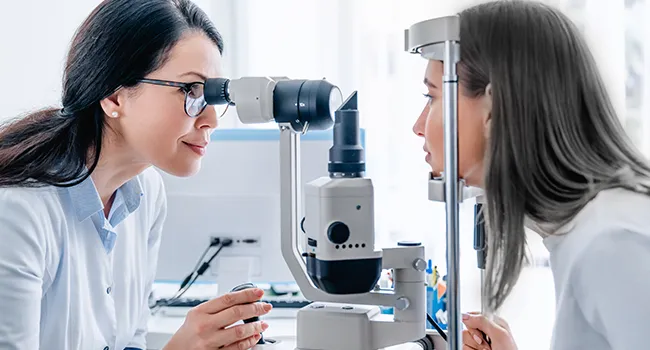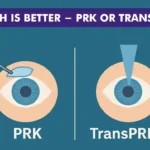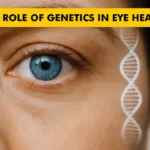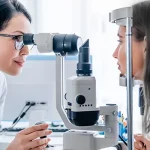The retina is an important part of the human eye. But like all other organs, the retina, too can be diseased. Most of the retinal diseases cause visual symptoms though they vary widely. Any part of the retina can be affected by the diseases; the retina itself is a thin layer of tissue on the posterior end of the eyes.
The retina contains many light-sensitive cells, which are known as rods and cones, and other nerve cells that receive and organize the visual information. The retina sends this information to the human brain through optic nerves that enable people to see.
Most retinal diseases can be treated if treatment is started in earnest. Depending on the condition, treatment goals may be to stop or slow the disease and preserve, improve, or restore your vision. On the extreme end, if left untreated, some retinal diseases can cause severe vision loss or blindness.
A few common retinal diseases and conditions are –
Retinal tear –
A retinal tear occurs when the clear, gel-like substance in the middle of the human eye (vitreous) shrinks and tugs on the thin layer of tissue lining the back of your eye (retina) with enough traction to ultimately cause a break in the tissue. It is often accompanied by a sudden onset of symptoms such as floaters or flashing lights.
Retinal detachment –
In this condition there occurs a separation of the retina from its attachments to the underlying tissue within the human eye. Many retinal detachments are a result of a retinal break, hole, or tear.
Diabetic retinopathy –
Diabetic retinopathy is a complication that arises out of diabetes, which is caused by a high blood sugar level and hence damaging the back of the eye (retina). It can even cause blindness if left undiagnosed and untreated.
Epiretinal membrane –
It is a delicate tissue-like scar or membrane that appears like crinkled cellophane lying at the top of the retina. This membrane pulls up on the retina and distorts vision. As a result of this, objects may appear blurred or crooked.
Macular hole –
A macular hole is a small defect that occurs in the middle part of the retina at the back of the eye (macula). The hole generally develops from abnormal traction between the retina and the vitreous.
Macular degeneration –
In macular degeneration, the center part of the retina begins deteriorating. The symptoms include blurred central vision or a blind spot in the center of the visual field. It is further sub-divided into wet macular degeneration and dry macular degeneration.
Retinitis pigmentosa –
It is a degenerative disease that is inherited. It slowly affects the retina and causes a loss in night vision side vision.
Symptoms
- Most retinal diseases have some common signs and symptoms. These include:
- Seeing floating specks
- Blurred or distorted vision
- Defects in the vision
- A general reduction in the power of eyes
When to see a doctor
Immediate medical attention must be sought if people suddenly start having floaters, flashes, or reduced vision as these are warning signs of potentially serious retinal disease.
Risk factors
Risk factors for retinal diseases include:
- Aging
- Smoking
- Being obese
- Having diabetes or other diseases
- Eye trauma
- A family history of retinal diseases
- The human eye has three layers, of which Uvea is the middle one. The Iris, Ciliary Body, and the Choroid together constitute what is called as the Uvea. It is not a commonly heard term. But, it happens to be one of the complex structures in the eye that’s critical to proper vision.
Many diseases may affect Uvea including:
- Uveitis
- Choroiditis
- Iritis
- Iridocyclitis
- Sympathetic ophthalmia
- Uveal melanoma
The most common problem affecting the Uvea is Uveitis. It refers to inflammation of the Uvea that could occur due to an infection from a virus or bacteria. It could also be a secondary condition that develops due to some other illness present in your body like rheumatoid arthritis, tuberculosis, or syphilis and is called systemic Uveitis.
The retina and Uvea must be taken care of properly for good, trouble-free vision. As you must have understood by now that any issues affecting these should not be taken lightly, as in extreme cases, it can cause vision loss. So be on the lookout for symptoms, and if you happen to have any, immediately visit Center for Sight. With us, you can be assured of world-class ophthalmologists expertise and eye care from our Retina and Uvea specialists at the most competitive prices.
Article: Looking for a Retina and Uvea specialist? Here’s what you should consider.
Author: CFS Editorial Team | Nov 19 2020 | UPDATED 01:05 IST
*The views expressed here are solely those of the author in his private capacity and do not in any way represent the views of Centre for Sight.





